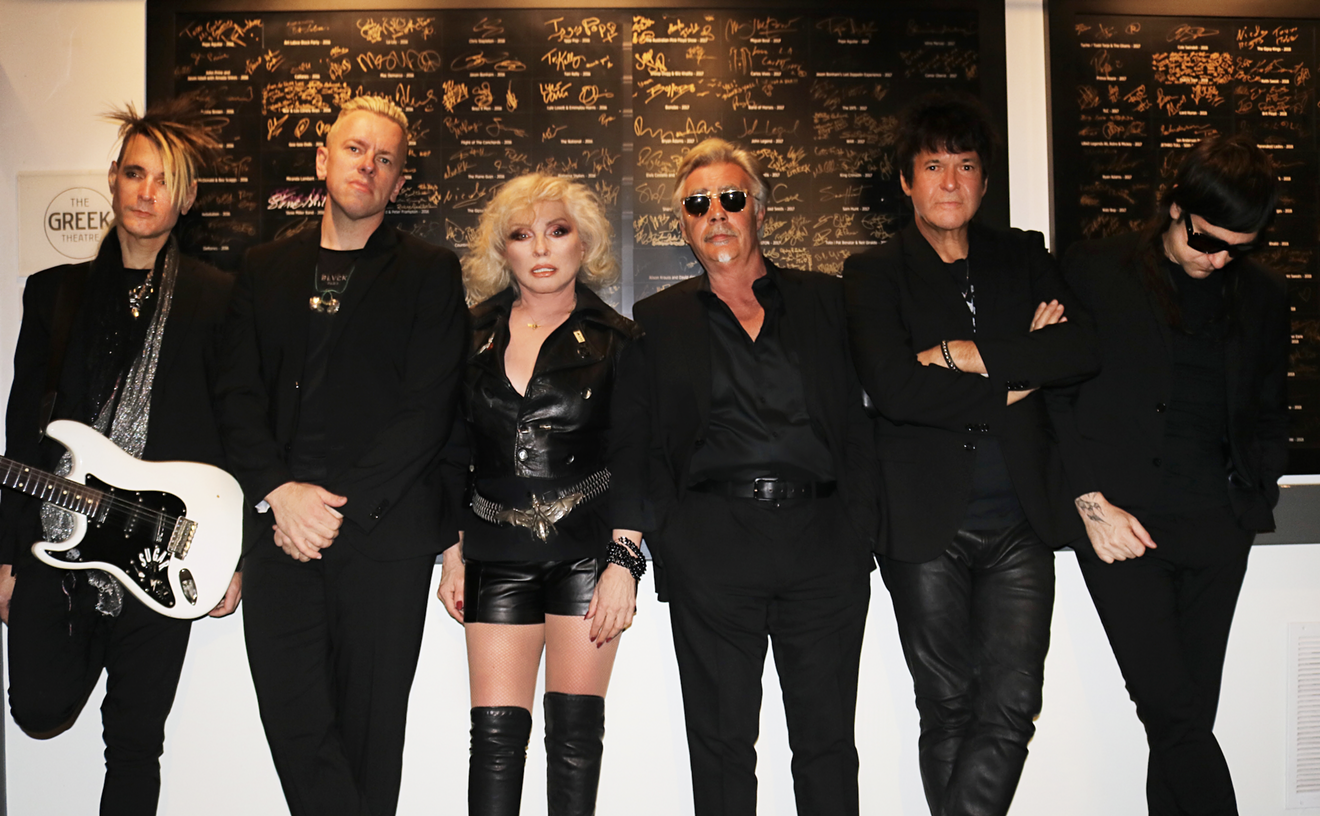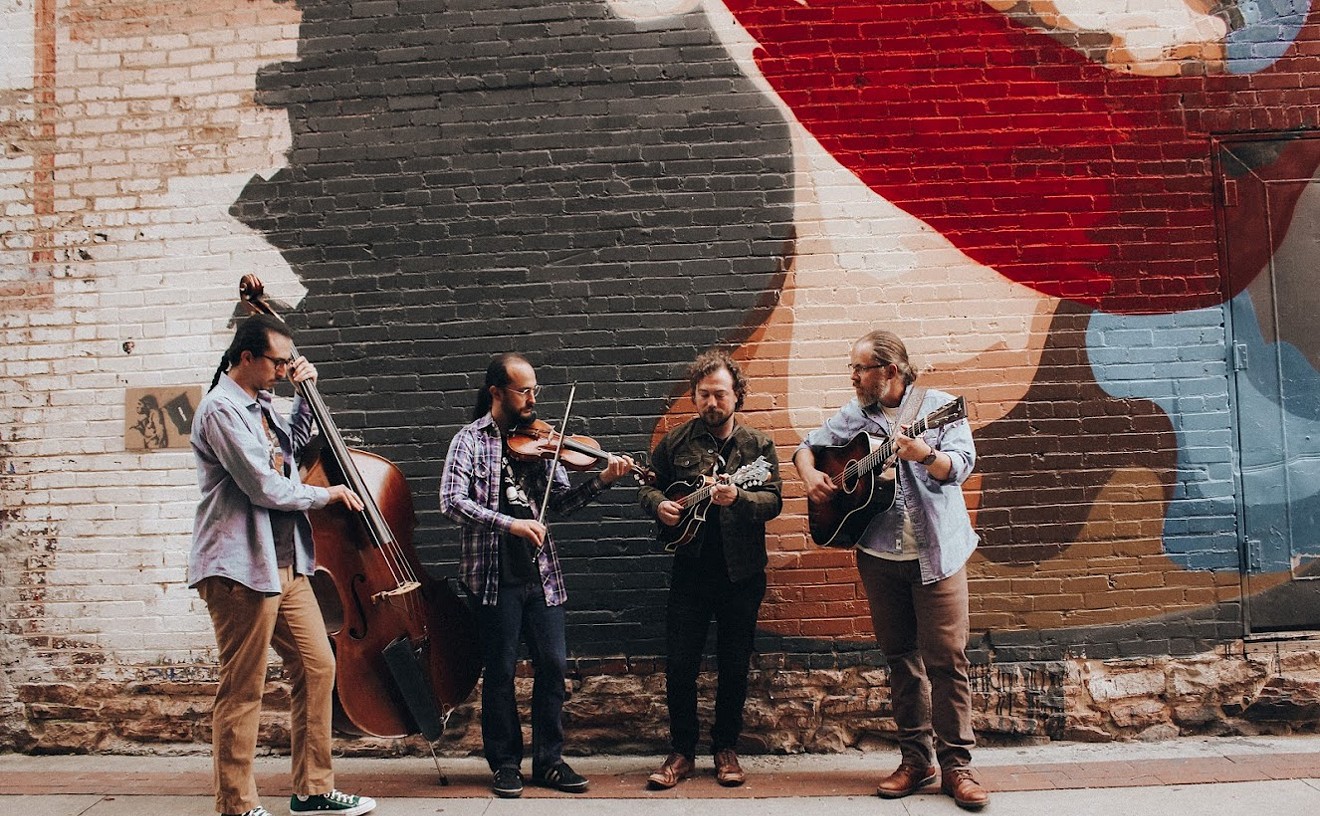From his time in the groundbreaking mutant garage-punk band Pussy Galore in the late '80s to his long-running stint with outlaw experimentalists Royal Trux, Neil Michael Hagerty has long been a pioneering musician in the world of guitar rock. Ever since Trux split in the early part of the last decade, Hagerty has been prolifically recording and releasing music under both his own name and the moniker the Howling Hex. After a stint in southern New Mexico, Hagerty eventually made his way to Denver, where he currently lives.
We had the rare chance to sit down with the erudite Hagerty for a chat. In addition to sharing a bit of his dry wit, he gave us some insight as to why he's recently pursued playing a style of music that's almost the polar opposite of that for which he is best known.
Westword: Why did you want to start playing norteño-influenced music?
Neil Michael Hagerty: Everything else was just done. I couldn't get into playing any kind of R&B-influenced music anymore. I just got depressed about it. Before, I thought it was sort of bridging this shared experience and drawing together, but no, it's just straight-up piracy. When The O'Reilly Factor started being funny, I had to purge all that stuff out.
When I was in Royal Trux, we were on tour the day Selena died. We were in Houston, and I had heard her name before, but I had no idea about the phenomenon she was. We were in the hotel bar when it happened, and they busted into programming, and we followed it from that point on. For the next few days nothing but that was on, and it blew me away, and I got into that music. It felt like the last refuge of a person without any culture at all — white, European-guy gringo.
So I spent probably the last three or four years playing that. We don't use accordion; we play it on electric guitar. So I try to think of it like the British blues bands and how they're all purists — John Mayall and all that. What if, instead of American blues music, they had gotten Tejano and norteño records? What would Soft Machine sound like coming through that lineage? We're trying to be on that.
It's very repetitive and subtle. That music comes from the imposition of European culture, somewhat parallel to the New Orleans thing. But no one ever gives it any serious credence, because it just sounds like cartoon video-game music sometimes. There's a nuance to the repetition, the weird drum fills. There's a ranchero and a polka beat and a waltz time, and a 6/8 time they do called wapango. So we use those four basic beats. We don't close out with a cover of "Gimme Shelter" or something. We're meerschaum-pipe-smoking Tejano purists.











